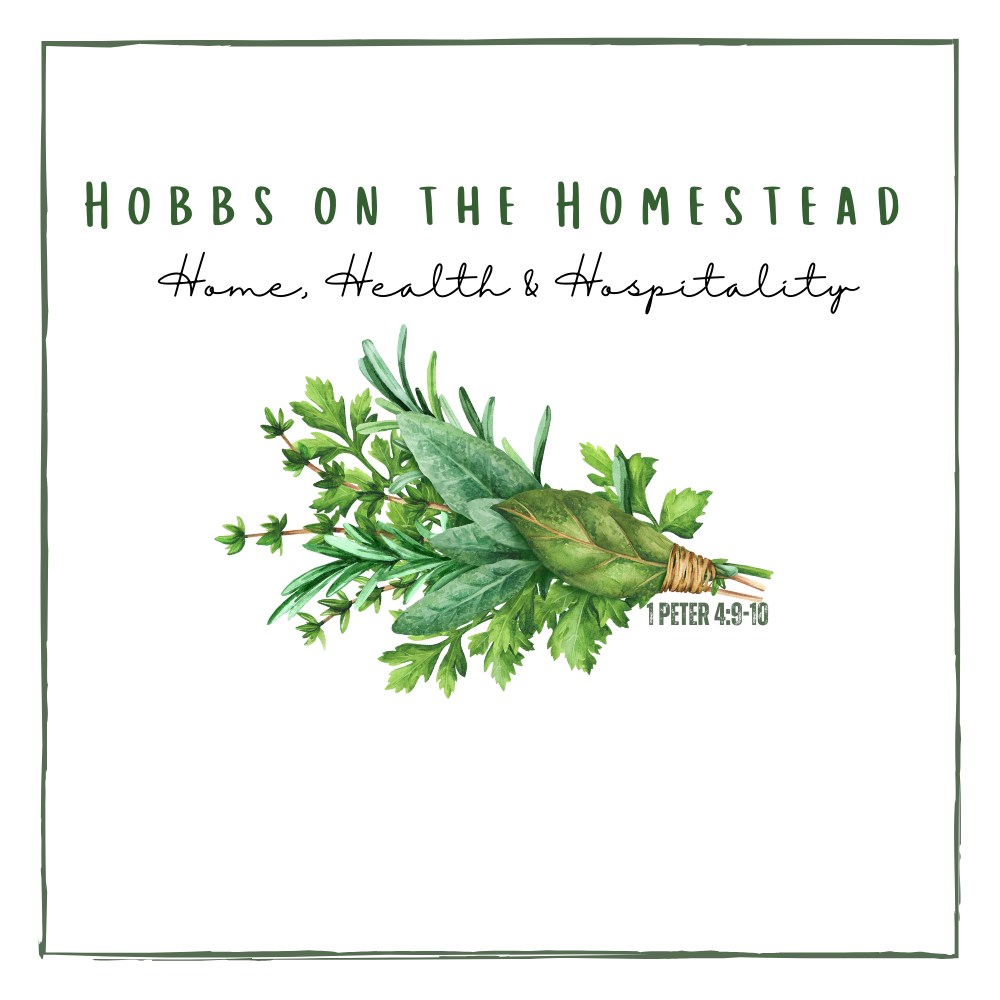Homesteading in Nashville: Tips and Tricks for Sustainable Living
Embarking on a homesteading journey in Nashville involves understanding the unique attributes of the area and leveraging them to create a sustainable and self-sufficient lifestyle. The first step is selecting the right property. Look for land with ample space for gardening and livestock, and ensure the soil is fertile and well-drained. Nashville’s climate is conducive to a variety of crops, with a growing season that typically extends from late spring to early fall.
Understanding the local climate is crucial. Nashville experiences hot, humid summers and mild winters. This makes it ideal for growing a diverse range of fruits, vegetables, and herbs. However, be prepared for occasional extreme weather conditions, such as heavy rains or droughts. Investing in a reliable irrigation system and employing water conservation techniques can mitigate these challenges.
The importance of community and local resources cannot be overstated in homesteading. Nashville boasts a robust network of local farms, markets, and homesteading groups. Engaging with these communities can provide invaluable support, knowledge, and resources. Consider joining local homesteading groups, attending workshops, and visiting farmers’ markets to forge connections and learn from experienced homesteaders.
Starting a garden is a fundamental aspect of homesteading. Begin with crops that are well-suited to Nashville’s climate, such as tomatoes, peppers, beans, and leafy greens. Employ sustainable gardening practices like composting, crop rotation, and organic pest control to enhance soil health and reduce waste. Raised beds and container gardening can also be effective, especially in areas with poor soil quality.
Raising livestock is another critical component. Chickens, goats, and bees are popular choices among Nashville homesteaders. Chickens provide fresh eggs and natural pest control, while goats offer milk and help manage overgrown vegetation. Beekeeping not only supports local pollination but also yields honey and beeswax.
Success stories from local homesteaders abound, showcasing the viability and rewards of this lifestyle. Many have transformed their properties into thriving homesteads, producing a significant portion of their food and reducing their environmental footprint. For those new to homesteading, Nashville offers numerous resources, including local farms, markets, and homesteading groups, which can provide guidance and support.
Cooking in Nashville: Farm-to-Table Recipes and Local Ingredients
Nashville’s culinary scene thrives on the rich bounty of local ingredients, making it a paradise for those who appreciate farm-to-table cooking. Sourcing fresh produce, meats, and dairy from nearby farms and markets not only supports local agriculture but also guarantees the freshest and most flavorful components for your meals. Start by visiting popular spots like the Nashville Farmers’ Market, which offers a diverse range of seasonal produce, artisanal cheeses, and pasture-raised meats. Additionally, local farms such as Green Door Gourmet and Bloomsbury Farm provide subscription-based Community Supported Agriculture (CSA) boxes, ensuring a regular supply of farm-fresh goods.
Embracing the seasonal nature of Nashville’s produce allows you to craft dishes that celebrate the region’s flavors. In the spring, consider a dish like a strawberry and arugula salad, topped with locally sourced goat cheese and a balsamic reduction. Summer brings an abundance of tomatoes and sweet corn, perfect for a traditional Southern succotash or a refreshing gazpacho. Autumn’s harvest of squash and root vegetables can be transformed into hearty soups and stews, while winter’s cooler months are ideal for slow-cooked meats and savory casseroles using grass-fed beef or free-range chicken.
Meal planning with local ingredients can be both rewarding and practical. Focus on preserving the bounty of each season through methods such as canning, pickling, and freezing. This not only extends the shelf life of your produce but also ensures that you have access to local flavors year-round. Cooking techniques such as roasting, braising, and grilling can enhance the natural tastes of fresh ingredients, making your dishes truly shine.
Nashville’s vibrant food community is enriched by the contributions of local chefs, farmers, and food artisans. Chefs like Sean Brock and Tandy Wilson have made significant strides in promoting farm-to-table dining, while farmers and artisans at places like The Peach Truck and Noble Springs Dairy provide high-quality ingredients that elevate any meal. By connecting with these local heroes, you gain a deeper appreciation for the Nashville food culture and contribute to a sustainable, community-focused lifestyle.


